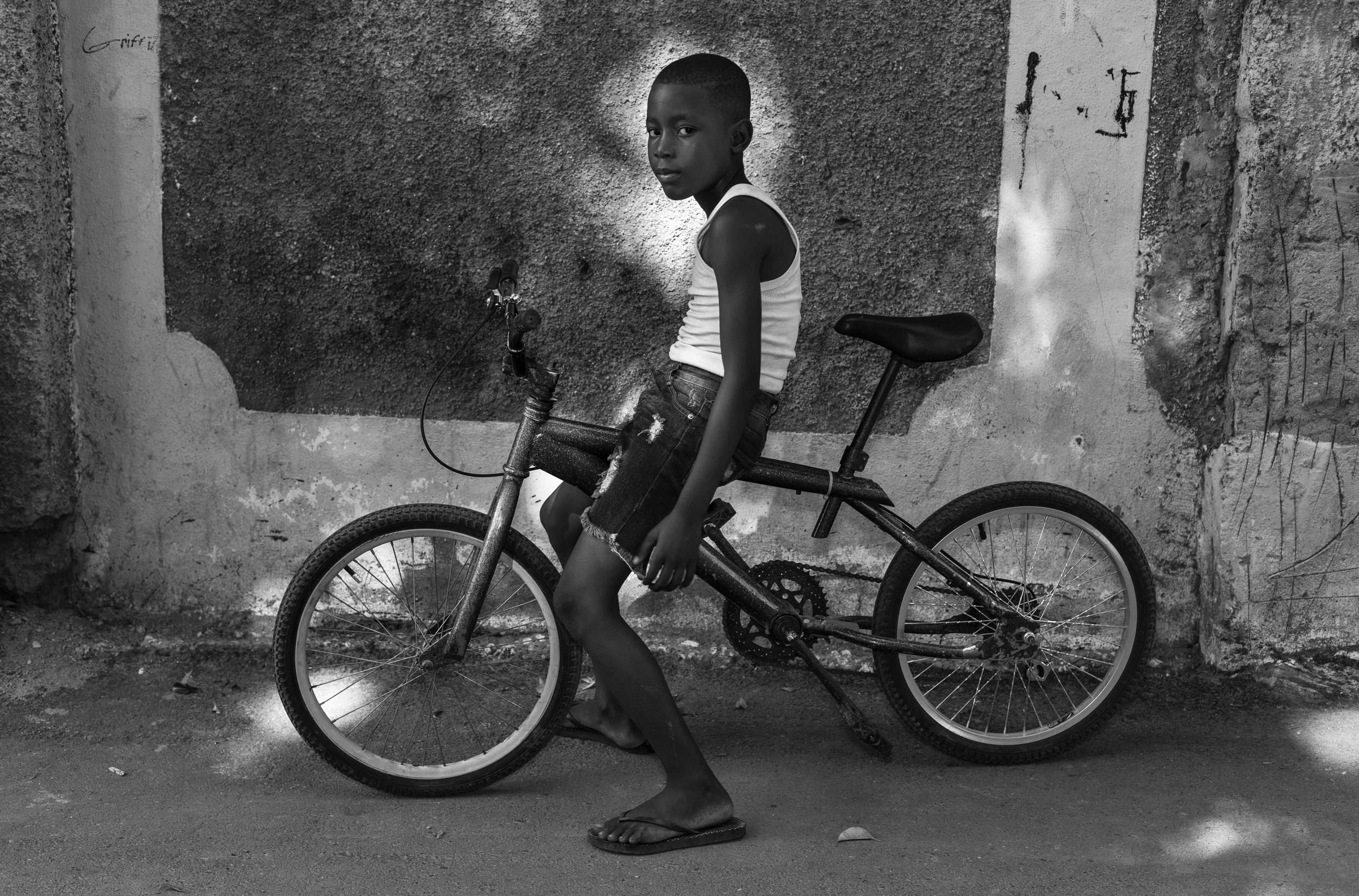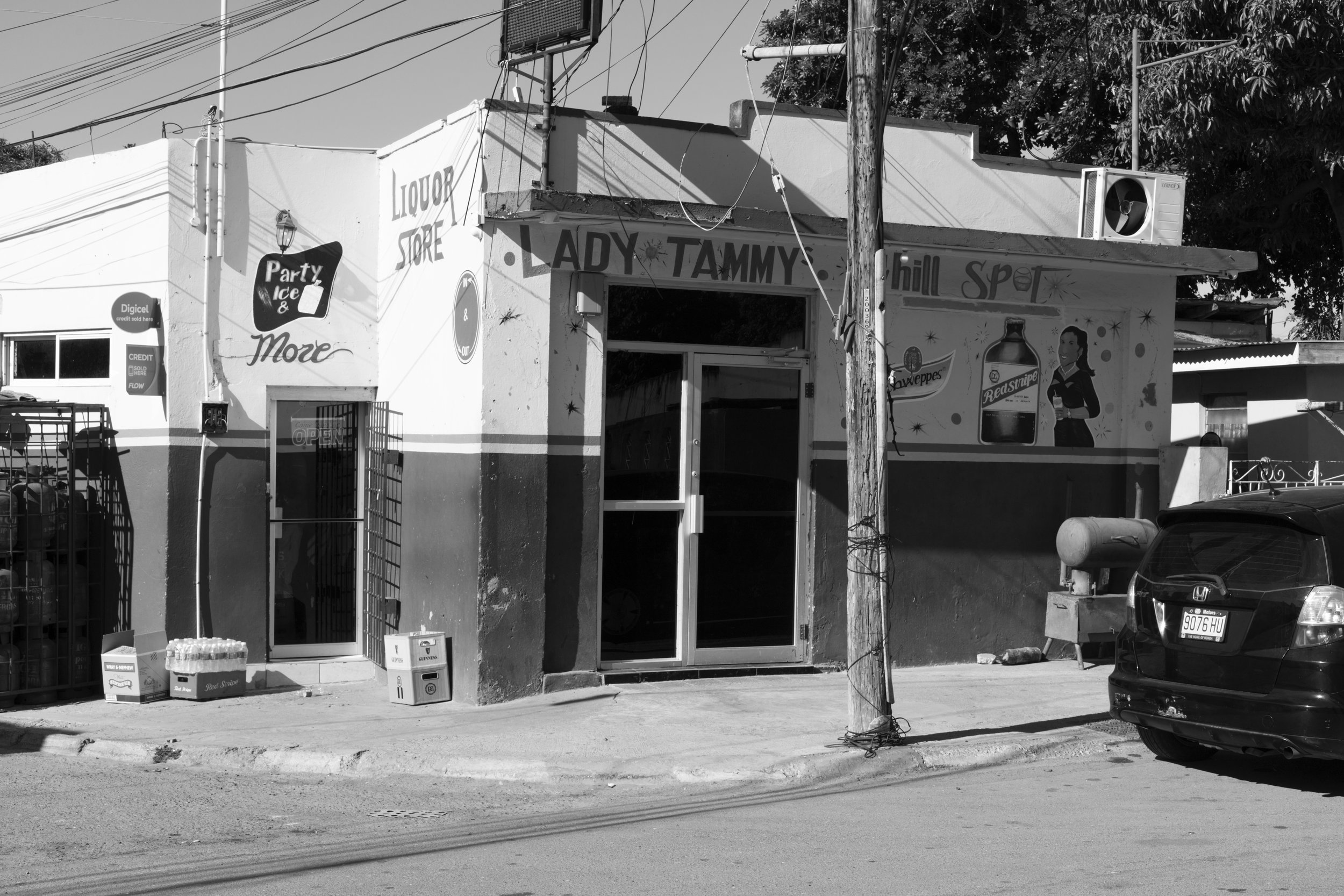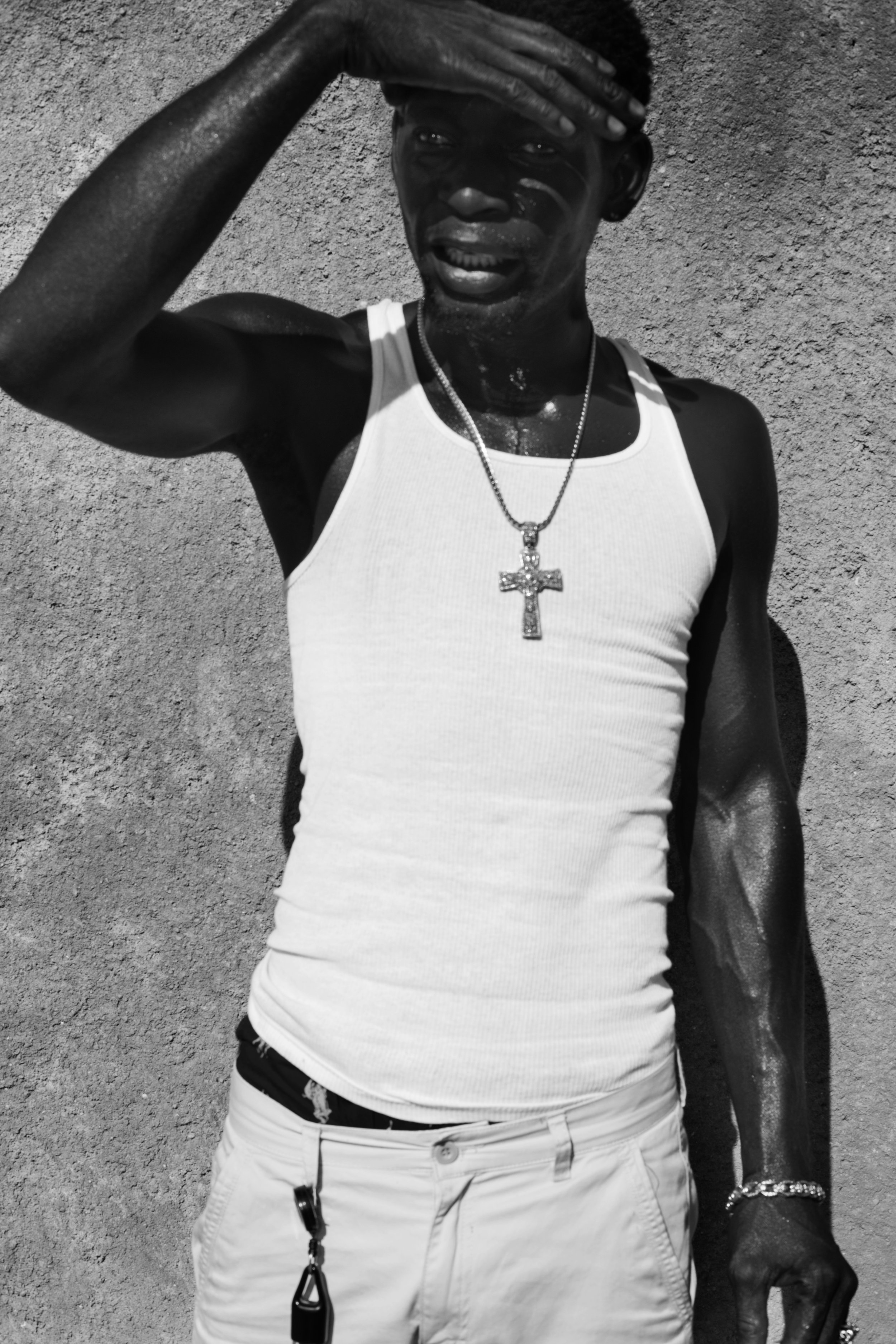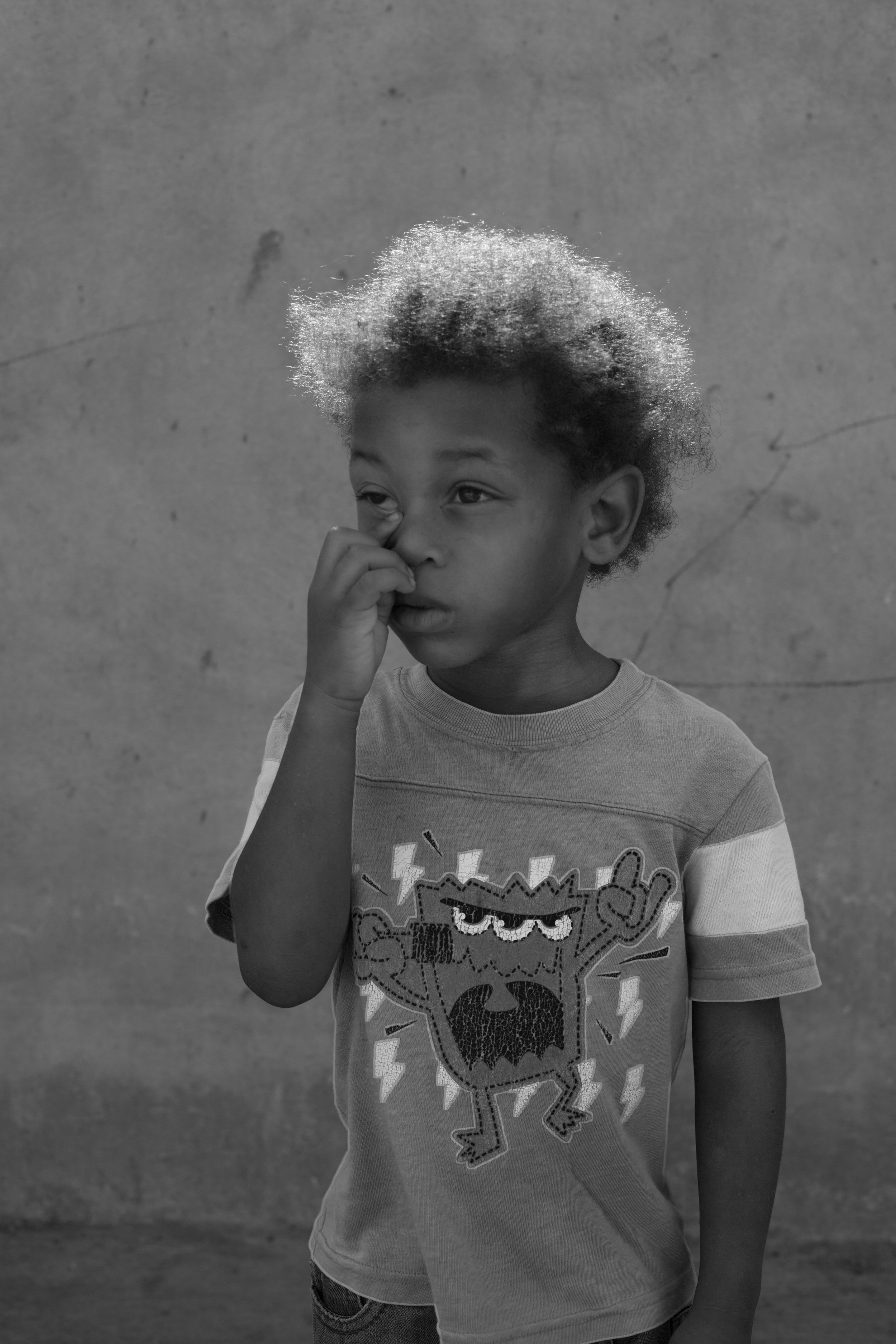Tower Avenue
We interviewed Dexter McLean about his career as a photographer and his ‘Tower Avenue’ project, which was exhibited at Orleans House Gallery earlier this year.
Hamza: What got you interested in photography?
Dexter: When I was 13 years old my aunty brought me a camera. I tried all the different features and pressed every button, even though I did not know what I was doing. A few years later, I was the first student in my school to take a GCSE in Photography. This got me thinking about what I could do to earn a living in the future; given that I was born with cerebral palsy, photography seems like the perfect options. Not only because I love taking picture, but because it was a job I could do on my own with very little help.
Hamza: What do you think the role of photography is in the present day?
Dexter: I think the role of photography is to take photographs of things that are not always noticed by mainstream society. Most of my work focuses on depicting the BAME and disabled communities, with the hope of trying to present them in a ‘normal’ way, without the stereotypes often placed on them by the media. I feel these communities have been misrepresented by the media for many years and I hope my photography can change this in some way.
Hamza: Why did you decide to travel to Jamaica for the Tower Avenue project?
Dexter: One of my inspirations, Dana Lixenberg, went to Los Angeles between 1993 – 2015 and took photographs of the people living in an area called ‘Imperial Courts’. When people think about LA, the first thing they think about is the famous actors and musicians who live there, not ordinary people who have lived in the area for decades. However, Lixenberg did not focus on celebrities and high-culture but decided to depict ordinary people engaging in normal activities.
Every picture is highly personal and taken in black-and-white. It was very moving for me – the book changed how I look at the world. I found her picture powerful, and after finishing her book, Imperial Courts, I knew I wanted to do something similar in Jamaica. This is because her photos reminded me of Tower Avenue – the area I was born in Jamaica – and I knew I could so something similar to Lixenberg in my hometown in Kingston. Especially given that I already knew most of the people living in Tower Avenue, and would not have any problem finding people who were willing to be photographed for my project.
Hamza: Is the project at all relevant to the value of community?
Dexter: I feel the project has a lot to say about the value of community, because the people I took pictures of might not have felt so comfortable with me coming into their area and taking pictures if I was not part of the community myself. I go back regularly to keep these relationships alive. They know me on a personal level and know I was raised in the local area. They do not treat me like an outsider – they treat me like one of their own.
Hamza: Do you have any future projects or plans worth mentioning?
Dexter: Yes. I am working on raising the money to go back to Jamaica to photograph disabled people in the community. This is what I wanted to do when studying for my MA in Photography but felt I needed to build more of a reputation so that the locals felt more comfortable having me take pictures in schools and services that cater for disabled people.
Media Coverage









